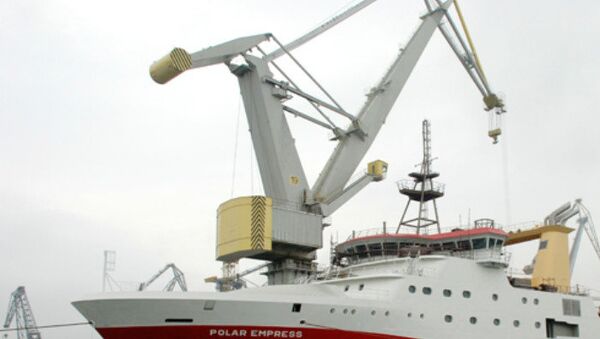According to Norwegian trade newspaper Teknisk Ukeblad, 12-hour long workdays, six days a week, were not uncommon among the guest workers in Poland. Additionally, many of the modern-day slaves had to work overtime. The workers were deprived of their passports and could not even move freely in their limited free time.
A North Korean welder died at work at Christ Shipyard in northern Poland in 2014. His boiler suit, which was later found to be flammable, caught fire, leading to lethal third degree burns over large parts of his body. According to Vice, which was the first to expose the case, the deceased's family only received 637 euros for the loss.
Subsequently, a group of Dutch researchers at the University of Leiden became interested in the inhumane exploitation of North Korean expatriates in Europe and initiated an investigative project: "Slaves to the System." The final report, which was presented earlier this summer, revealed that numerous EU member states had entered legal agreements with Pyongyang that lay the foundation for modern slavery, disguised as legitimate business transactions.
According to Teknisk Ukeblad, there are contracts linking both the Polish shipyard and the controversial staffing company to the construction of at least nine Norwegian ships, which are intended to conduct high-tech exploration in the oil industry. Naturally, the dismal finds cast a gloom over the Norwegian shipbuilding industry, which prides itself on its respect for fairness and human rights.
According to Ellen C. Kvalsund, Communications Manager at Kleven Maritime, her company reacted with dismay when the atrocious conditions at Poland's Christ Shipyard were revealed and ordered their partners to refrain from collaborating with dubious subcontractors.
ShippingGib: Research / survey vessel "Polar Empress" (112m X 21m) #Gibraltar.
— Ships In Pictures ⚓️ (@ShipsInPics) July 31, 2016
ShipsInPic… pic.twitter.com/s7j3y3ot96 pic.twitter.com/fywJIpLb79






